12 start with M start with M

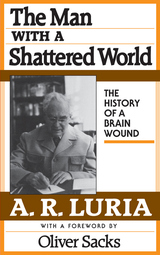
Russian psychologist A. R. Luria presents a compelling portrait of a man’s heroic struggle to regain his mental faculties. A soldier named Zasetsky, wounded in the head at the battle of Smolensk in 1943, suddenly found himself in a frightening world: he could recall his childhood but not his recent past; half his field of vision had been destroyed; he had great difficulty speaking, reading, and writing.
Much of the book consists of excerpts from Zasetsky’s own diaries. Laboriously, he records his memories in order to reestablish his past and to affirm his existence as an intelligent being. Luria’s comments and interpolations provide a valuable distillation of the theory and techniques that guided all of his research. His “digressions” are excellent brief introductions to the topic of brain structure and its relation to higher mental functions.
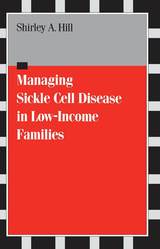
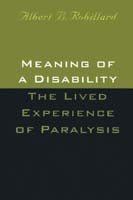
With his loss of speech, Robillard was forced to communicate through a lip-reading system developed by his wife and student assistants. Restricted by this form of communication and his paralysis, he soon learned the frustrations of making his meaning known. Hospital nurses wrongly anticipated his words. Those who translated for him inevitably distorted his meaning. Most of all, the casual pace of conversational give-and-take was disrupted. Old friends would leave before Robillard could provide the expected interactional response.
Finding himself isolated due to his lack of both mobility and vocalization, Robillard threw himself into his academic work and began to develop settings and methods where he could satisfactorily interact with others. A researcher and writer experienced in describing the bodily and verbal methods used to coordinate and construct the most ordinary of social forms, Robillard joins in this book both his years of sociological training and his time with illness to talk with moving and illuminating analysis about a broad range of matters. Moving gracefully from examinations of narratives about disability and illness, the stigmatizing things that healthcare providers unwittingly say to their patients, and communication problems in the intensive care unit, to more personal reflections on anger, isolation, and stories of tragedy, Robillard also discusses disability in the workplace and such seemingly simple topics as computers and vacations. Meaning of a Disability is the personal story of a highly trained observer forced to confront simultaneously the limits of the disabled person's social world and the unspoken assumptions about meaningful interaction -- as he struggles with the daily difficulties of maintaining his identity.
Meaning of a Disability will interest a wide audience, including healthcare professionals, disabled people, and caretakers as well as academics studying ethnomethodology, health and illness, conversation, symbolic interaction, storytelling, and most aspects of lived experience.

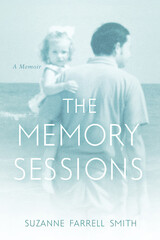
Published by Bucknell University Press. Distributed worldwide by Rutgers University Press.

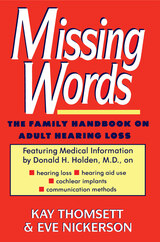


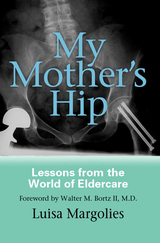
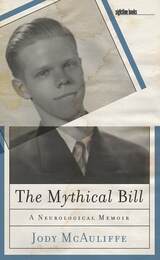
READERS
Browse our collection.
PUBLISHERS
See BiblioVault's publisher services.
STUDENT SERVICES
Files for college accessibility offices.
UChicago Accessibility Resources
home | accessibility | search | about | contact us
BiblioVault ® 2001 - 2024
The University of Chicago Press









